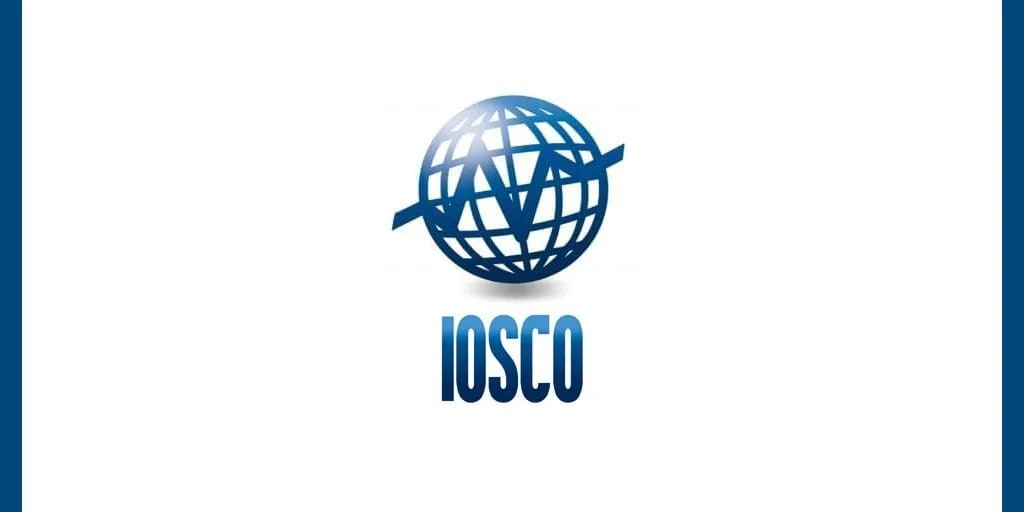To counter the rising hazards in digital marketing, the International Organization of Securities Commissions (IOSCO) proposed a number of additional rules.

The International Organization of Securities Commissions (IOSCO) Board feels that in order to handle the rising risks and difficulties brought on by the “digitalization of retail marketing and distribution,” regulators at both the national and international levels require more authority.
Given the additional issues that arise with the spread of crypto assets, IOSCO suggests measures in its report, which was released on October 12, for the member nations to take into account when deciding their policy and enforcement approaches to retail online offerings and marketing.
The research discusses these dangers with an emphasis on the application of behavioral and gamification tactics and gives special consideration to “finfluencers,” or influencers who engage in crypto marketing. The “digital curtain” is yet another idea mentioned in the report. Martin Moloney, the secretary general of IOSCO, said:
“Digital fraudsters can hide behind a “digital veil” that makes it difficult for regulators to locate, identify and take action against them.”
The laws themselves are not particularly novel. The management of cryptocurrency products would be required by IOSCO to implement “adequate filtering methods” for the onboarding of financial customers and to be accountable for the veracity of the information posted on social media to potential investors.
In addition to evidence-tracking procedures to deal with the rapid pace and dynamic nature of internet content, IOSCO proposes that national authorities develop a set of regulatory channels to report consumer complaints about deceptive and illegal advertisements.
More intriguing is the potential legal requirement, which IOSCO also advises, that crypto enterprises have special personnel qualification and licensing requirements for online marketing staff.
The company would have to establish if it could have obtained the necessary license in the client’s home country before providing its services to overseas clients in order to comply with third-country requirements.
This year, IOSCO has started paying more attention to cryptocurrency. In March 2022, it urged authorities to be aware of how advancements in decentralized finance (DeFi) can affect their areas of responsibility. It released the guidelines for the regulation of stablecoin agreements in July in cooperation with the Bank for International Settlements (BIS).
